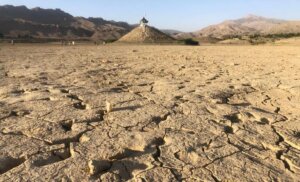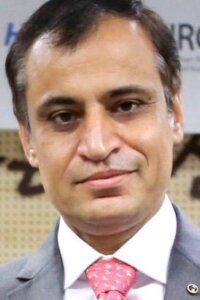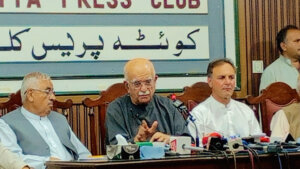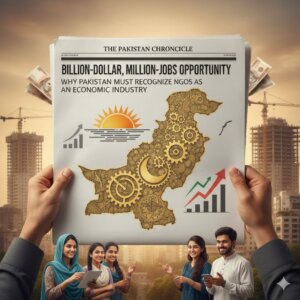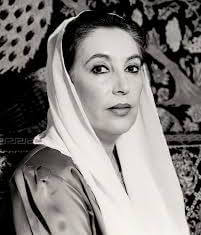By Aurangzaib Kasi:
The technology revolution has achieved a new stage of human development. It has astonishing and tremendous effects on human behavior, thinking and attitude. Unprecedented developments took place in the field of commination due to which, for the first time in human history, the field of information has achieved immense importance, therefore, the 21st Century is also called the century of Information Technology.
With the increase in the sources of information, consequently, research and analysis have become more important. The overflow of information has compelled people to differentiate between relevant and irrelevant, positive and negative news. In this age of technology, the subject of information has become a science and now Information Literacy is included as a subject in the course of universities of the developed countries.
“We have to equip students, teachers, and officials to handle an overflow of information”
Today it is not enough to decorate our educational institutions, offices, homes, and libraries with electronic technology, rather we will have to equip our students, teachers, officials, and others with the capability to appropriately handle this overflow of Information.
In comparison with the Information coming from the conventional sources i.e., the teacher, books,s, etc, today information is flooded in the market by the internet, as a result, it becomes very difficult for students and others to distinguish between fake and real, wrong and right, good and bad news. It is the time when you need the adequate capabilities to select the news as per your requirements for the purpose. Information literacy is used as a proper method to practice access to information and analyze and organize it.
In this atmosphere of hybrid war, it is necessary for media workers in general while the media managers, in particular, to abundantly equip themselves with information literacy
An information literate person is supposed to have the capacity and capability to select suitable sources of information, which are beneficial and in accordance with the fixed targets. Information literacy is actually the ability to fully understand the whole system of information. In this atmosphere of hybrid war, it is necessary for media workers in general while the media managers, in particular, to abundantly equip themselves with information literacy. Workers in the media industry must realize the challenges as well as the opportunities in the ever-changing situation of information.
As media managers of the government, it is our duty to understand the positive and negative aspects of the propaganda / information, so that we can adopt a competitive media plan to achieve our required targets of national interest and importance.
World powers taking a keen interest in Balochistan, especially Gwadar
At the end of the 20th Century, the situation of the world and particularly of this region became reshaped. After the fall of the Soviet Union and the freedom of Central Asian States, the regional scenario was changed and the geographical and strategic importance of the coastal belt of Balochistan particularly Gwadar was enhanced by many folds. It is common to say that the power of the 21st Century will go to the country which controls the energy corridor. In this rapidly changing situation, all powers/forces are taking a keen interest in Balochistan and particularly Gwadar. The situation has created challenges and opportunities at the same time. The media has got important responsibilities to differentiate between wrong and right tendencies, help analyze the situation and organize and promote a development-friendly action plan. To attain this purpose, a comprehensive media plan is required to be prepared and implemented.
The author is the Director-General Public Relations (DGPR) Balochistan
He can be reached at aurangzaibkasi1985@gmail.com

